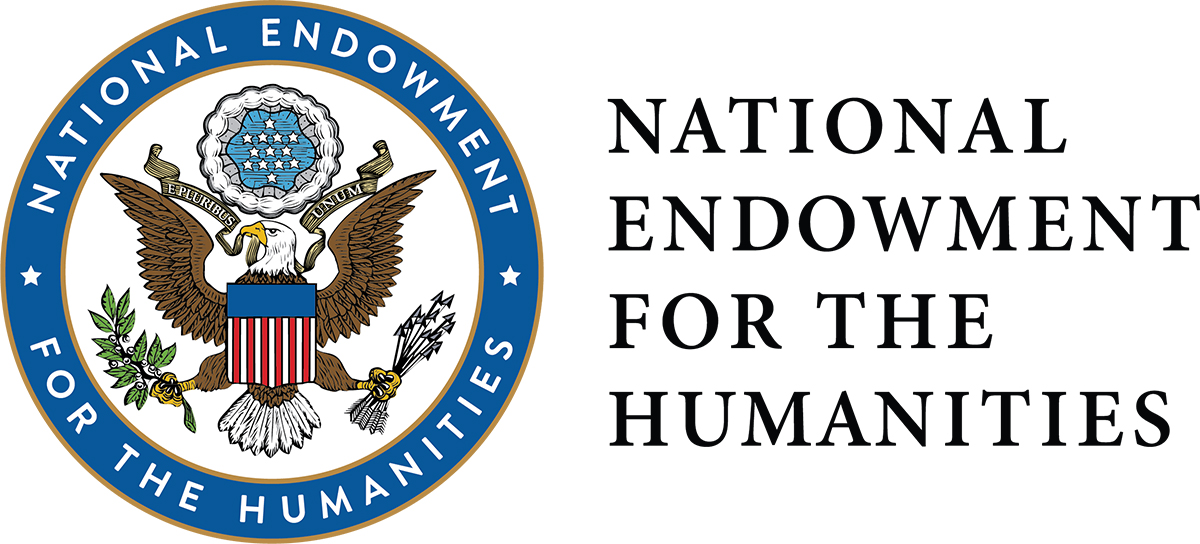This project has been made possible in part by a major grant from the National Endowment for the Humanities: Democracy demands wisdom.
Friendship and Identity in Literature, Film, and Adolescence
A National Endowment for the Humanities Residential Summer Institute for High School English Teachers
July 14-26, 2024, Boston University
About the Institute
Study friendship as a literary, social, and cultural force–and an organizing principle within our courses. Plus, housing, travel, core questions and rationale.
Meet the Team
Our Directors, and Robert Pinsky, Lashon Daley, Niobe Way, Zach Rossetti, Keira Flynn-Carson.
Application Details
Learn more about the program’s stipend, applicant eligibility, and important dates.
Sample Schedule & Readings
Explore what we do together, what we read and study, and what we create during the program.
This project has been made possible in part by a major grant from the National Endowment for the Humanities: Democracy demands wisdom.
About The Institute
This two week residential institute aims to illuminate and deepen our functional and curricular understanding of this complex and universal social relationship. We will explore ways to bridge the lived experiences of our students (and ourselves) regarding friendship to those of great literary friendships and great thinkers. During the institute, teachers will study friendship as a literary, social, and cultural force–and a topic worthy of serving as an organizing principle within our courses.
“Friendship marks a life even more deeply than love. Love risks degenerating into obsession, friendship is never anything but sharing.”
— ELIE WIESEL
A Letter from the Directors
Dear Colleague,
As a formative and abiding feature of adolescence, friendship is of special curricular interest in the high school English classroom, now more than ever. Since our first extraordinary Friendship and Identity in Literature, Film and Adolescence (FILFA) Institute for Teachers in 2022, the growing academic/cultural focus on friendship as an area of fruitful exploration, study, and robust research has affirmed our commitment to this work.
Whether our friendships are high or low maintenance, frustrating or validating, reciprocal or unrequited, online or IRL–they are foundational. Knowing this, how can we use literature and inquiry to develop our students’ friendship literacy, sharpen their critical thinking and close reading skills, and support their social-emotional growth? Beginning in adolescence, our friends become our chosen family. As English teachers, we know the transformative power of literature and the capacity of storytelling to deepen our understanding of ourselves and the world. When we’re trying to read people or stories, the ability to do so closely, fearlessly, and with nuance is fundamental to our sense of identity and connection.
Our high school students function every day within a rich and sometimes dizzying social microcosm. They navigate evolving friendship roles and identities, shifting priorities and allegiances, and fickle social rules- much of it outside of adults’ field of awareness–and all further complicated by social media, where friendship dramas follow students home and play out around the clock.
During this two-week residential institute, we explore how friendship is understood, portrayed, and experienced from literary, social, cultural, theoretical, and pedagogical perspectives. Using contemporary and ancient scholarship on friendship as conceptual frameworks, we examine literary and cinematic portrayals of friendships. Together with our teacher-colleagues from around the country, and through core literary works and research, we study conditions and factors including gender, race, class, loyalty, reciprocity, loneliness, social media, and power dynamics. Guest scholars include the poet Robert Pinsky, and scholar -practitioners from the fields of education, literature, developmental psychology, and social psychology.
Teachers in the institute develop curricular plans to bring this robust and relevant exploration into their classrooms. These plans for full courses, or units within existing courses, will help students become more grounded and nuanced readers of friendship in literature and in their own lives. It’s our commitment that teachers leave this institute inspired and invigorated.
Sincerely,
Dr. Karen Harris & Dr. Stephan Ellenwood
Dr. Karen Harris & Dr. Stephan Ellenwood
Key Dates
July 14-26
2024
Institute Dates
March 5
2024
Application Deadline
April 5
2024
Application Notification Date
April 19
2024
Participant Acceptance Deadline
Institute Dates
July 14-26 2024
Location
Boston University
Equal Opportunity Statement
Endowment programs do not discriminate on the basis of race, color, national origin, religion, sexual orientation, disability, or age. For further information, write to the Equal Opportunity Officer, National Endowment for the Humanities, 400 7th Street, SW, Washington, DC 20024. TDD: 202-606-8282 (this is a special telephone device for the Deaf).
Disclaimer
Any views, findings, conclusions, or recommendations expressed on this website do not necessarily represent those of the National Endowment for the Humanities.
Get in Touch
Questions? Reach out to Karen with the link below.
